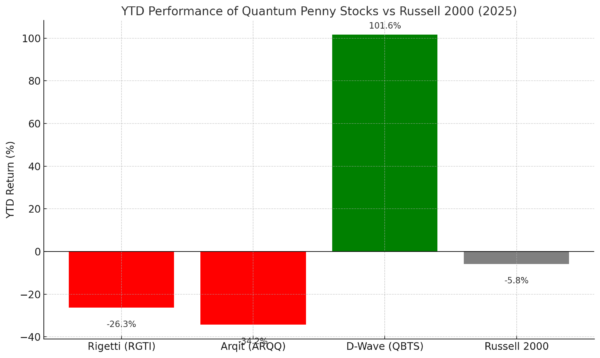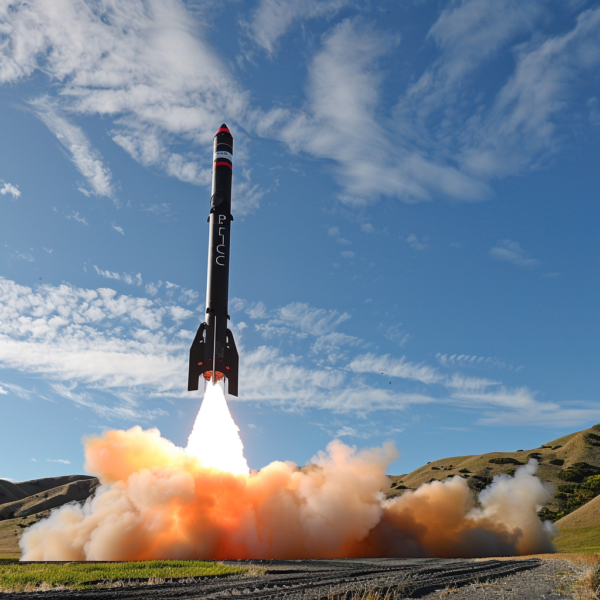Should You Take Another Bite of Apple?
- Apple had a fantastic 2019, surging an incredible 86%. But what lies ahead for 2020?
- Today, Nicholas Vardy discusses what the future holds for Apple and whether it will remain an excellent wealth generator.
Apple (Nasdaq: AAPL) had a heckuva 2019.
The Silicon Valley giant’s stock surged a whopping 86% last year, as the iPhone maker’s market cap hit $1.3 trillion.
That translates to a gain of $556 billion in just 12 months.
To put that number in perspective…
Apple’s gain in a single year is almost exactly equal to the market cap of Warren Buffett’s Berkshire Hathaway (NYSE: BRK-B)… and more than the entire value of all but the top four S&P 500 companies.
But Apple is hardly just an overnight success.
Since Tim Cook became Apple’s CEO in August 2011, the stock has soared from a split-adjusted $53.74 to around $310. That boosted the company’s valuation by more than $1 trillion.
After Apple’s fantastic run, the question arises… Should you hold on to your Apple stock, or should you take your money and run?
Is Apple’s Valuation Justified?
Before 2019’s run, Apple had always traded at a discount to technology stocks.
Tech stocks traded with an average forward price-to-earnings ratio of 20 or more. For Apple, that same number was around 14.
That is no longer the case.
Apple now trades for about 26 times projected earnings. That’s a 10-year high.
All this during a time when Apple’s fundamentals have been distinctly unimpressive.
First, it’s no secret that 2019 was not a banner year for Apple products. The iPhone 11 was ho-hum. And the market greeted Apple TV – a streaming service to rival Netflix – with a collective yawn.
Second, and more worryingly, Apple reported a net income decline of 7% in 2019 compared with the previous fiscal year.
Yet the company’s earnings per share (EPS) contracted only 0.37%.
How did Apple pull off this bit of accounting magic? Share buybacks.
Much like Berkshire Hathaway, Apple has too much cash. So it spent a big chunk of this cash buying back its stock. Apple retired 6% of its share count in the last 12 months.
If not for buybacks, Apple’s EPS would have been negative.
That kind of accounting magic doesn’t usually merit a doubling of the stock price.
And with the shares trading at a record high, don’t count on buybacks to boost Apple’s stock price in the future.
Why Apple Will Keep Going
Looking at the numbers is one thing. And no doubt Apple is no longer the bargain it was a few years ago.
But there are some critical reasons Apple stock remains a safe investment. And these reasons have to do with Apple’s “moat” – its long-term relative position in the marketplace.
Here are three ways I think of Apple’s moat.
First, Apple’s products are addictive. You may not think of your Apple device like tobacco or heroin, but checking your iPhone triggers similar dopamine receptors in your brain.
And there are thousands of smart people in Silicon Valley looking to make Apple products as addictive as possible. Addiction ensures that there will always be a demand for your product.
Second, Apple locks you into its ecosystem.
As I live in Europe, I see China’s Huawei phones all the time. Frankly, they look a generation ahead of Apple’s. They are slicker, have better specs and use brighter screens than my iPhone.
I could buy one today. But between my computers and Apple TV, the cost of switching out of the Apple ecosystem is just too high.
Like the Hotel California, you can check out of Apple anytime you want. But you can never leave.
Third, the rise of passive investing ensures an almost endless demand for Apple stock.
That’s because most benchmarks are weighted according to market capitalization. As long as flows into passive funds continue at the current torrential rate, there will always be buyers for Apple stock.
The Outlook for Apple in 2020
I can’t predict the future. But I can say with confidence that Apple won’t soar another 86% in 2020. (That would give Apple a market cap of $2.4 trillion.)
At the same time, Apple won’t go the way of BlackBerry… and will be around for a long time.
Still, the year after such a huge run is not the time to bet big on Apple stock.
About Nicholas Vardy
An accomplished investment advisor and widely recognized expert on quantitative investing, global investing and exchange-traded funds, Nicholas has been a regular commentator on CNN International and Fox Business Network. He has also been cited in The Wall Street Journal, Financial Times, Newsweek, Fox Business News, CBS, MarketWatch, Yahoo Finance and MSN Money Central. Nicholas holds a bachelor’s and a master’s from Stanford University and a J.D. from Harvard Law School. It’s no wonder his groundbreaking content is published regularly in the free daily e-letter Liberty Through Wealth.






